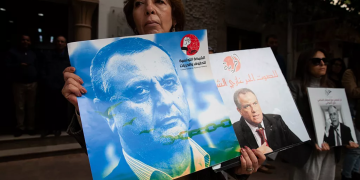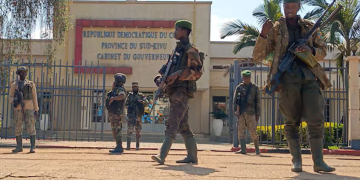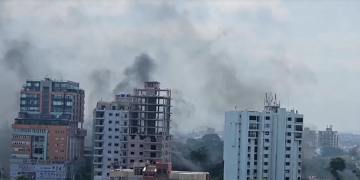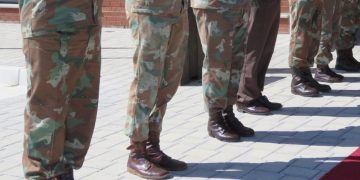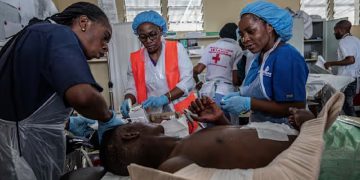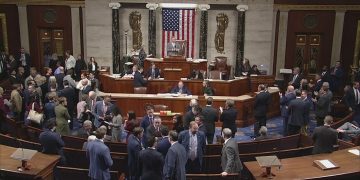The Economic Community of West African States (ECOWAS) has established a timeline for the exit of three nations affected by military coups, marking a significant moment in regional diplomacy.
Following nearly a year of mediation efforts, ECOWAS aims to address the potential fracture within the bloc.
Transition Period Announced
Omar Touray, the president of the ECOWAS Commission, announced that the transitional period for Burkina Faso, Mali, and Niger will run from January 29, 2025, to July 29, 2025.
During this time, the door remains open for these countries to reconsider their departure. At the summit’s opening, Touray expressed that the decision was “disheartening,” reflecting the challenges faced by the organization.
In January, the three countries declared their intention to withdraw from ECOWAS, citing sanctions imposed by the bloc and its inability to address their ongoing security challenges.
Membership in ECOWAS provides significant benefits, including visa-free travel among member states, and it remains uncertain how these advantages will be affected once the three nations exit.
Rejection of ECOWAS Mediation
In a historic move for the nearly 50-year-old organization, the military governments of Niger, Mali, and Burkina Faso have firmly rejected ECOWAS’ attempts to persuade them to reconsider their departure.
They are exploring options to issue their own travel documents and form a separate alliance.
Touray commended the dedication of ECOWAS envoys in addressing the ongoing crisis, stating, “These initiatives highlight your shared commitment to maintaining peace and unity in our region.”
Regional Leaders Emphasize Unity
Bola Tinubu, Nigeria’s president and chairman of ECOWAS, underscored the importance of collaboration in facing global and regional challenges.
He stated, “We must remain focused on our primary duty, which is to safeguard our citizens and foster an environment where they can thrive.”
However, when questioned about the potential consequences of these nations exiting ECOWAS, Touray noted that leaving agreements related to free trade and movement could result in significant losses for those involved.
Joint Statement from Coup-Affected Nations
On Saturday, Burkina Faso, Mali, and Niger issued a joint statement affirming that while their territories would remain accessible without visas for other West African citizens, they “reserve the right … to deny entry to any ECOWAS national categorized as inadmissible immigrants.”
This division represents one of the most significant challenges faced by ECOWAS since its establishment in 1975, according to Babacar Ndiaye, a senior fellow at the Timbuktu Institute for Peace Studies in Senegal.
The likelihood of successfully reintegrating these countries into ECOWAS appears low, primarily because the bloc seeks a swift return to democratic governance—something the military juntas have not committed to uphold.
Concerns About Regional Fragmentation
Mucahid Durmaz, a senior analyst at global risk consultancy Verisk Maplecroft, warned that allowing military juntas to maintain power could lead to further regional fragmentation.
He emphasized that recognizing these governments as legitimate authorities would represent a serious deviation from ECOWAS’s founding principles.
Durmaz also pointed out that ECOWAS has struggled to effectively manage the situation.
The bloc’s varied reactions to recent coups suggest that its position is influenced more by the political aspirations of its member states than by its core mission of promoting democratic governance.
As ECOWAS navigates this complex landscape marked by political upheaval and security concerns, its ability to maintain unity and address member states’ needs will be crucial for fostering stability in West Africa.
Source: africanews





